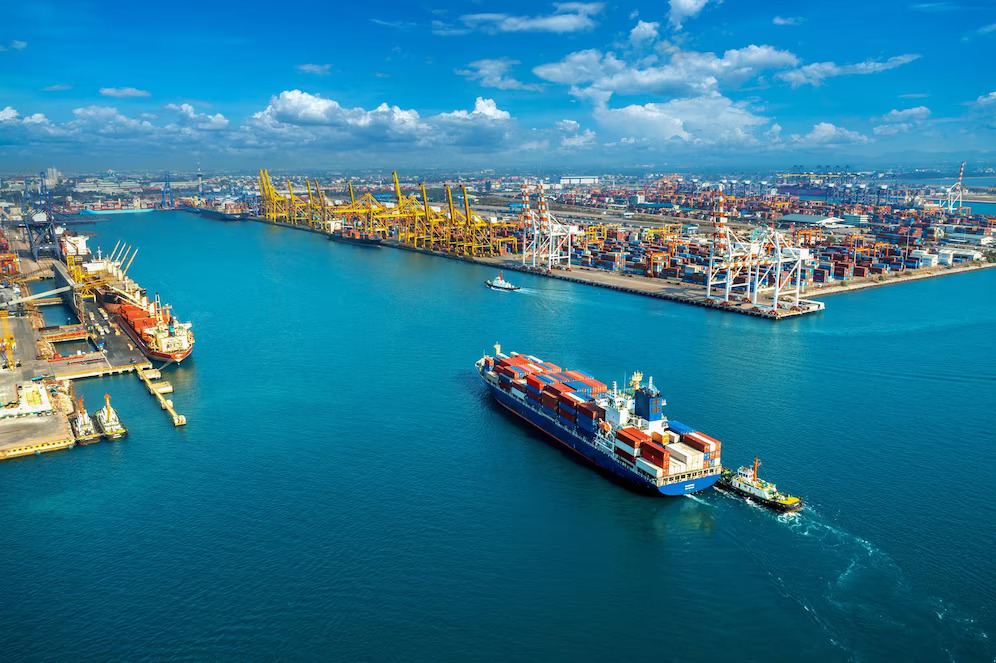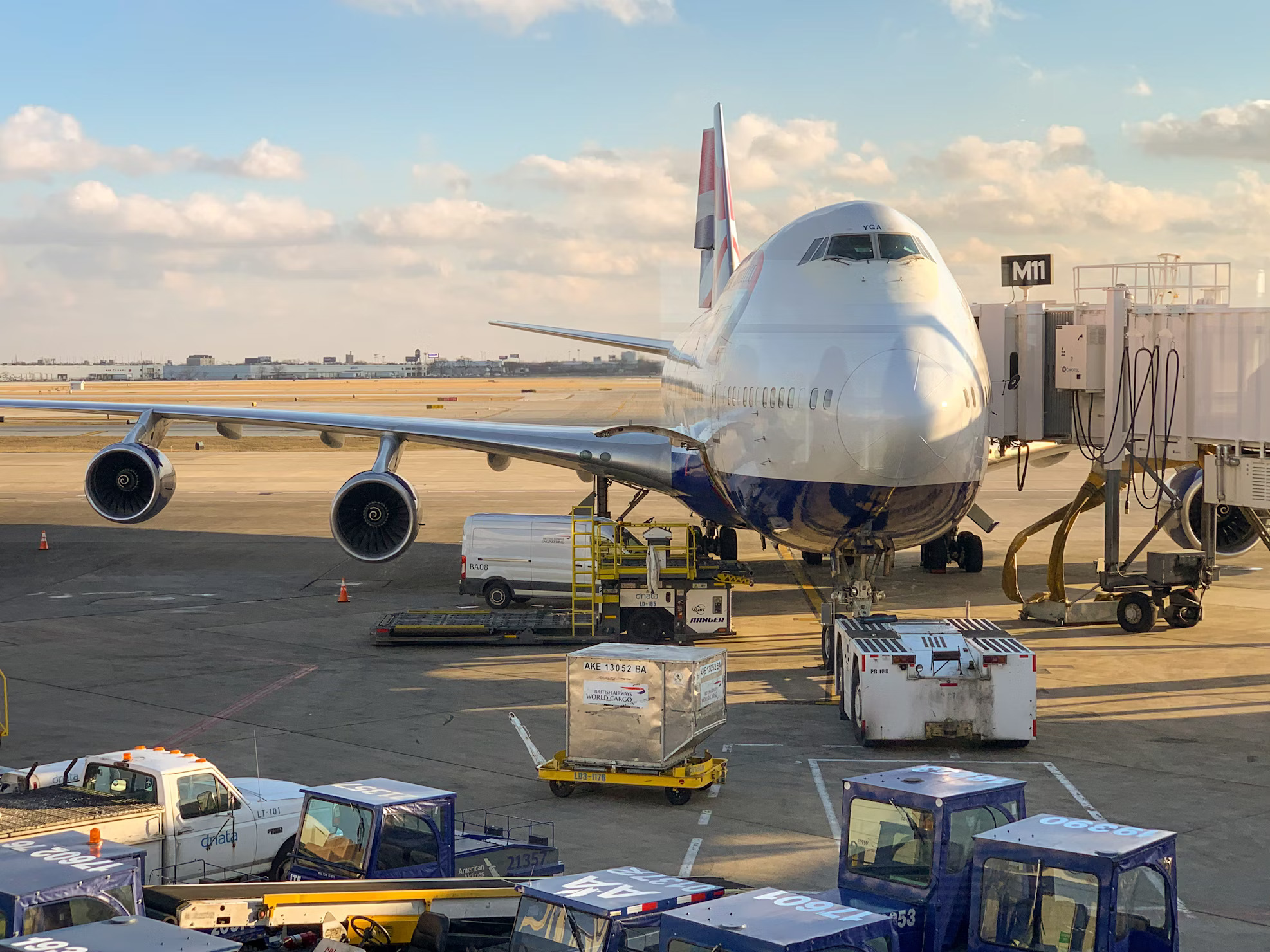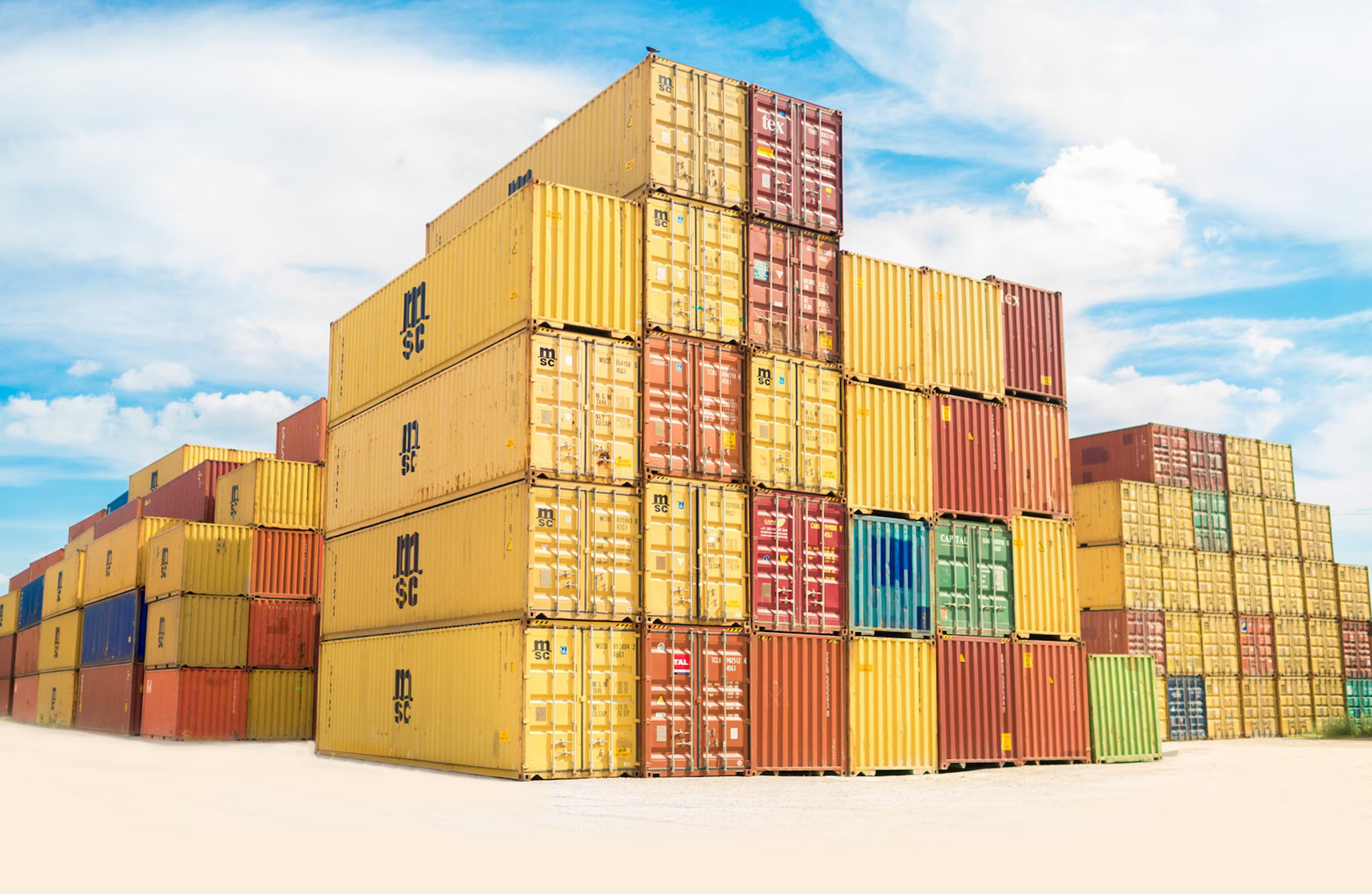The global logistics industry has had to cope with one more disruptive surface change ushered in by the American trade policy reversal. President Trump swept in with counter-tariffs on an epic scale, bracketing a 10% initiation duty on practically all imports while hammering some of the prime trading partners with bigger tariffs. Supply chains are being disrupted and costs raised, so companies will now have to rethink their logistics strategies.
What's Changing?
New tariffs directly affect more than 60 nations, with the highest rates targeted especially at:
- China: 34%
- Vietnam: 46%
- India: 26%
- Cambodia: 49%
- Sri Lanka: 44%
- Indonesia: 32%
- EU: 20%
- Israel: 17%
- UK, Brazil, Australia: 10%

At a broad beginning, were the foreign automobiles also levied 25% tariffs? Steel and aluminium tariffs equally remain at a 25% level, putting pressure again on their sectors.
Another interesting addition is the "Venezuela Clause," which imposes a 25% tax on any country that buys oil or gas from Venezuela but does not sell to America.
Impact on Global Logistics?
1. Shipping Prices Rise and Transit Times Become Longer.
With new tariffs in place, U.S. Goods arriving would be considered potentially higher-cost input prices, which would most likely drive consumer prices higher. The transport cost would be high to companies finding alternative sources, which would in turn cause them to have longer transit times with congested supply chains.
2. Move Towards Alternate Markets
To avoid heavy taxation, companies may reroute their supply chains through lower-tariff countries, emphasizing local production. This type of relocation will compress the trading channels and raise demand for regional logistic services.
3. Uncertainty for Import-Heavy Industries
Import-heavy industries, such as tech, auto, and retail, may have to re-arrange agreements with suppliers. The markets have responded with an initial selloff, with large import-sensitive stocks like Apple and Amazon dropping in after-hours trading.
4. Strategic Logistics Planning Becomes Mandatory
Companies will need foresighted logistics solutions to penetrate these obstructions. Solutions will include strategic warehousing, freight consolidation, and AI-forecasted supply chain possibilities; they will be instrumental to profitability.
How Mahalogix Can Help
We at Mahalogix International understand that companies need flexible logistics solutions that could keep them ahead of any upcoming trade policy. Here is how we can help:
- Customs Solutions: Our professionals will help you get adapted to variable tariffs and compliance processing.
- Optimized Freight Solutions: We provide cost-saving, timely routing solutions that reduce cost and transit time.
- Alternative Sourcing & Warehousing: We offer smart warehousing solutions to assist organizations reduce import dependency and provide uninterrupted inventory continuity.- Data-Driven Logistics: Forecasting powered by AI offers affordable decision-making in response
- New tariffs pose a significant problem. However, companies can take advantage of them by rethinking and re-optimising their supply chains. The right logistics provider can help companies transform, minimize disruptions, and maintain a strong position in the intensely competitive marketplace.










